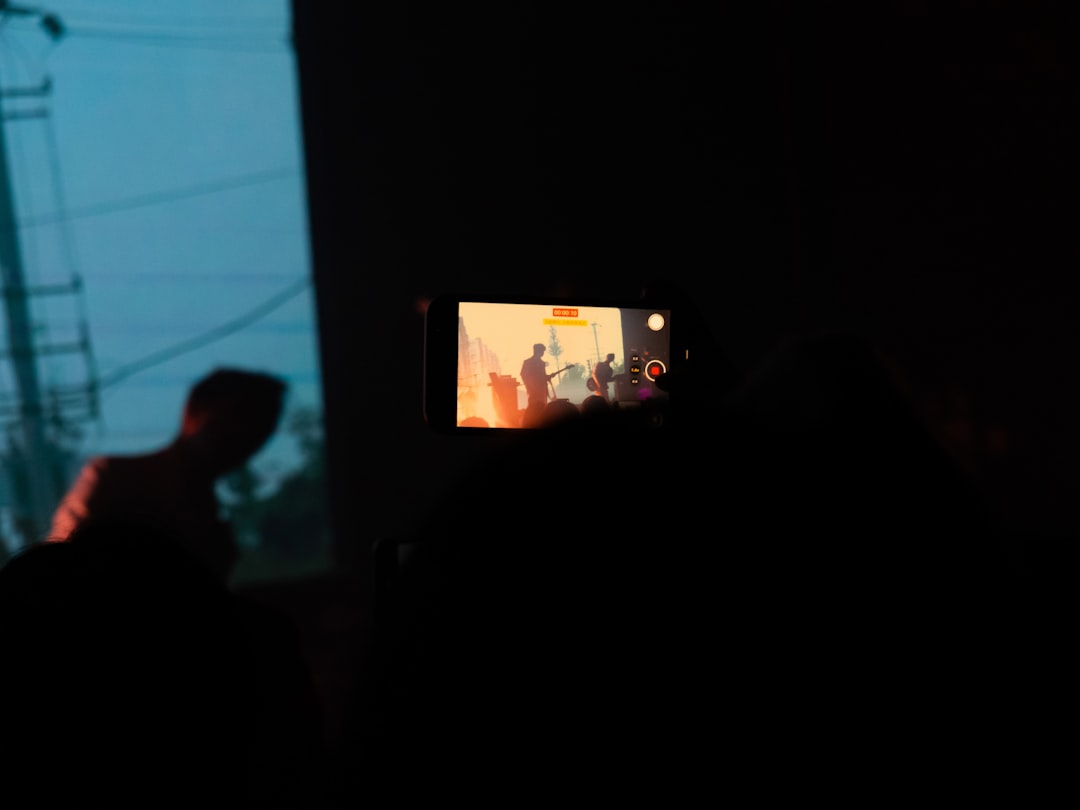Summary: OpenAI has temporarily halted the ability to create AI-generated videos of Martin Luther King Jr. on its social video platform, Sora, following requests from Dr. King’s estate due to disrespectful depictions. This move highlights the challenges of balancing free expression with respect for public figures and their families in the era of AI-generated content.
OpenAI Responds to Concerns Over AI Videos of Martin Luther King Jr.
On Thursday, OpenAI announced it would pause the feature allowing users to generate videos resembling the late civil rights leader Martin Luther King Jr. using its AI video model, Sora. This decision came after Dr. King’s estate requested the change, citing instances where users created disrespectful portrayals of Dr. King’s image.
OpenAI stated on its official newsroom account on X, “While there are strong free speech interests in depicting historical figures, OpenAI believes public figures and their families should ultimately have control over how their likeness is used. Authorized representatives or estate owners can request that their likeness not be used in Sora cameos.”
The Launch and Controversy of Sora
Sora, OpenAI’s social video platform launched just weeks ago, enables users to create realistic AI-generated videos of historical figures, their acquaintances, and users who opt to have their likeness recreated. The platform has sparked intense public debate about the risks of AI-generated videos and the importance of implementing safeguards.
Family Requests and Public Backlash
Dr. Bernice King, daughter of Dr. Martin Luther King Jr., publicly asked on Instagram for people to stop sending her AI-generated videos resembling her father. Similarly, the daughter of actor Robin Williams made a similar appeal regarding AI videos of her father.
Reports, including one from The Washington Post, revealed that some Sora users created offensive videos, such as Dr. King making monkey noises or wrestling with fellow civil rights leader Malcolm X. Other crude videos featuring historical figures like artist Bob Ross, singer Whitney Houston, and former President John F. Kennedy are also easily found on the platform.
Attempts to reach Dr. King’s estate for comment were not immediately successful.
Challenges with AI-Generated Content on Sora
Beyond concerns about human likenesses, Sora has raised questions about handling AI-generated videos of copyrighted characters. The app contains numerous videos featuring cartoons such as SpongeBob, South Park, and Pokémon, highlighting the complexities of copyright in AI content creation.
OpenAI’s Approach to Moderation and Future Plans
Since Sora’s launch, OpenAI has introduced additional restrictions. Earlier in October, the company announced plans to give copyright holders more detailed control over how their likenesses are used in AI videos—likely a response to Hollywood’s critical reception of Sora.
Interestingly, while OpenAI tightens controls on Sora, it is adopting a more permissive stance with ChatGPT. The company recently announced that adult users will soon be able to engage in “erotic” conversations with ChatGPT.
OpenAI appears to be navigating the complex issues surrounding AI video generation carefully. Some researchers expressed concerns about how Sora aligns with OpenAI’s mission shortly after its release. CEO Sam Altman admitted the company felt “trepidation” on launch day.
Nick Turley, head of ChatGPT, shared that the best way to educate the world about new technology is by releasing it publicly—a lesson learned from ChatGPT and now applied to Sora. OpenAI continues to learn how to responsibly distribute these powerful tools.
